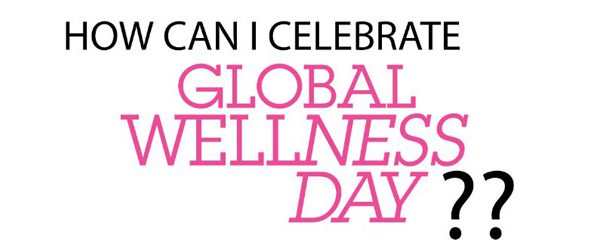

June is Men’s Health Month, a time to remind the almost 4.8 million male beneficiaries in the Military Health System to get age-appropriate screenings for high blood pressure, testicular cancer, cholesterol, diabetes, and glaucoma; and to schedule annual exams starting between ages 45 and 50, based on race and risk, for prostate and colorectal cancers.
These are important issues, of course, but being healthy means more than clinicians checking off boxes. It means men making smart choices every day about the amount and intensity of physical activity, the quantity and quality of food and beverages consumed, and the number of hours of sleep. It means avoiding tobacco products and limiting alcohol. Men must take responsibility for their own health and make it a priority.
Focusing on fitness is routine in the military, where good health is a job requirement. A man’s body is his most important piece of equipment, and he’s expected to maintain it. Getting regular medical exams, exercising and lifting weights to meet physical fitness and weight standards, and promptly addressing health and wellness issues are all part of the routine while in uniform.
Gaining weight has become a significant problem for men as they age. In 2015, about 1 in 13 servicemen received at least one diagnosis indicating they were overweight. Excess weight can negatively impact operational effectiveness and increase the risk of acute and chronic health effects, including musculoskeletal injury and cardiovascular disease.
Also, many men discard good habits when they separate or retire from the military. They exercise less and eat more, setting themselves up for weight gain and injuries that reduce both the ability and motivation to exercise.
Many men also become lax about seeking medical treatment, routine or otherwise. The Centers for Disease Control and Prevention’s most recent National Health Interview Survey found men were more than twice as likely as women to report they hadn’t seen a health care professional in two years, and three times as likely to say they hadn’t seen one in more than five years.
Even the most health-conscious men can get sidetracked this time of year, when warmer temperatures and more hours before sunset lead to what Defense Secretary Jim Mattis has called “unique summertime hazards” that risk readiness.
Engaging in outdoor activities without proper conditioning or training can lead to accident or injury. Too much exposure to the sun can result in non-melanoma skin cancer down the road, which is more common than several other types of cancer combined. Drinking too much alcohol makes it easier to engage in risky behaviors such as unprotected sex, greatly increasing the likelihood of contracting and transmitting infections such as chlamydia, gonorrhea, hepatitis, syphilis, HPV, and HIV.
Men’s Health Month is an opportunity to recommit to wellness. Wear sunscreen and limit alcohol consumption. Schedule your workouts so you’ll stay on track. For aerobic conditioning, follow the FITT principles:
Frequency: three to five days per week.
Intensity: a combination of moderate to high intensity to increase breathing and heart rate. Generally, you should be able to talk, but not sing, while exercising.
Type: anything continuous and rhythmic that uses large muscle groups. Examples include running, dancing, swimming, bicycling, and rowing.
Time: at least 30 minutes daily, or 150 minutes weekly, will maintain cardiovascular fitness and prevent chronic disease.
Also, don’t forget about emotional health. Talk to your health care provider about any sadness, anxiety, or anger you may be experiencing. Spend time with family and friends who have a positive impact on your life.
Finally, a recent study supports the theory that natural environments with open views and a lack of distracting noises can bring psychological benefits. So whatever your plans are for this summer, spend some time outside in a peaceful natural environment you enjoy. Think of it as finding moments of ah and awe.
Source: Dr. Don Shell @ Health.mil


